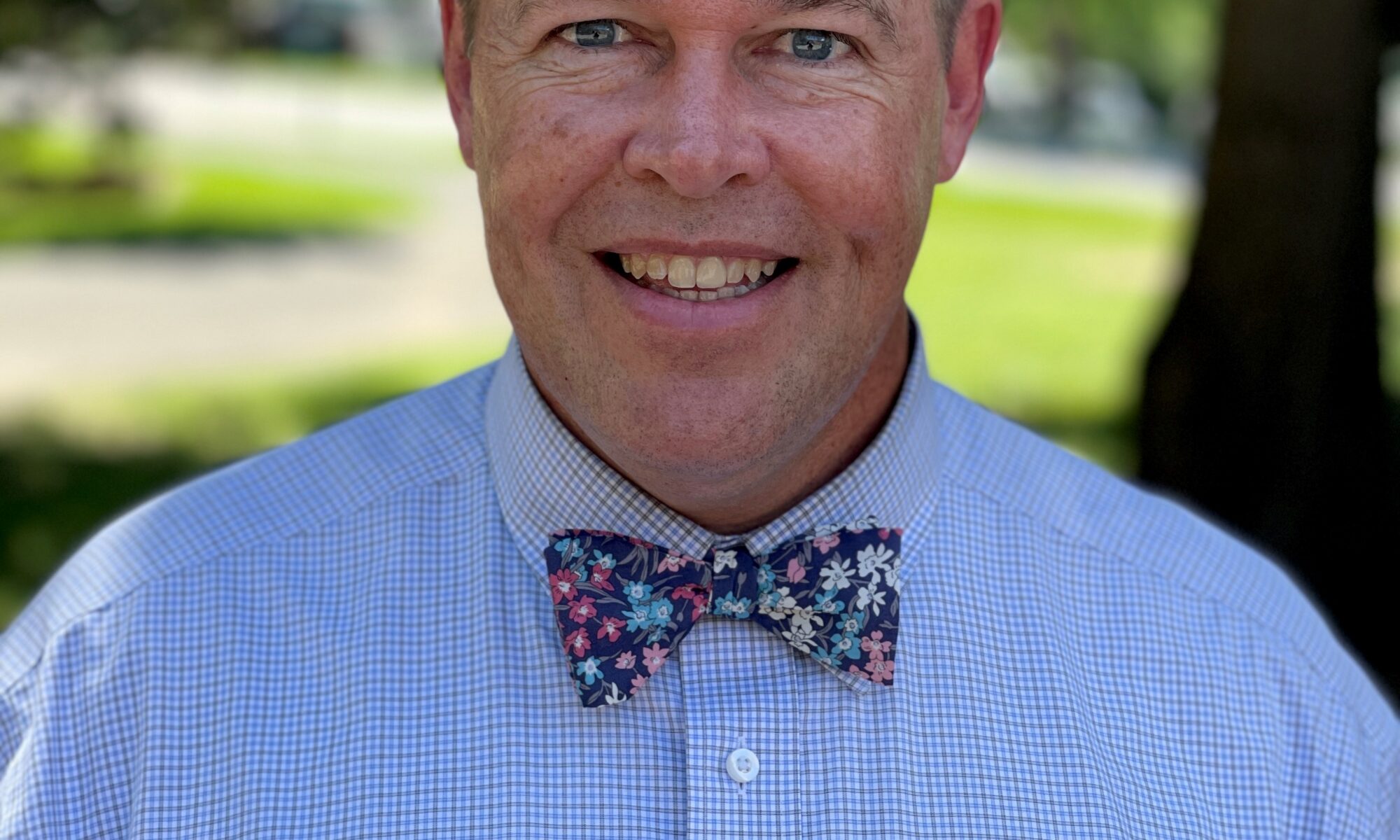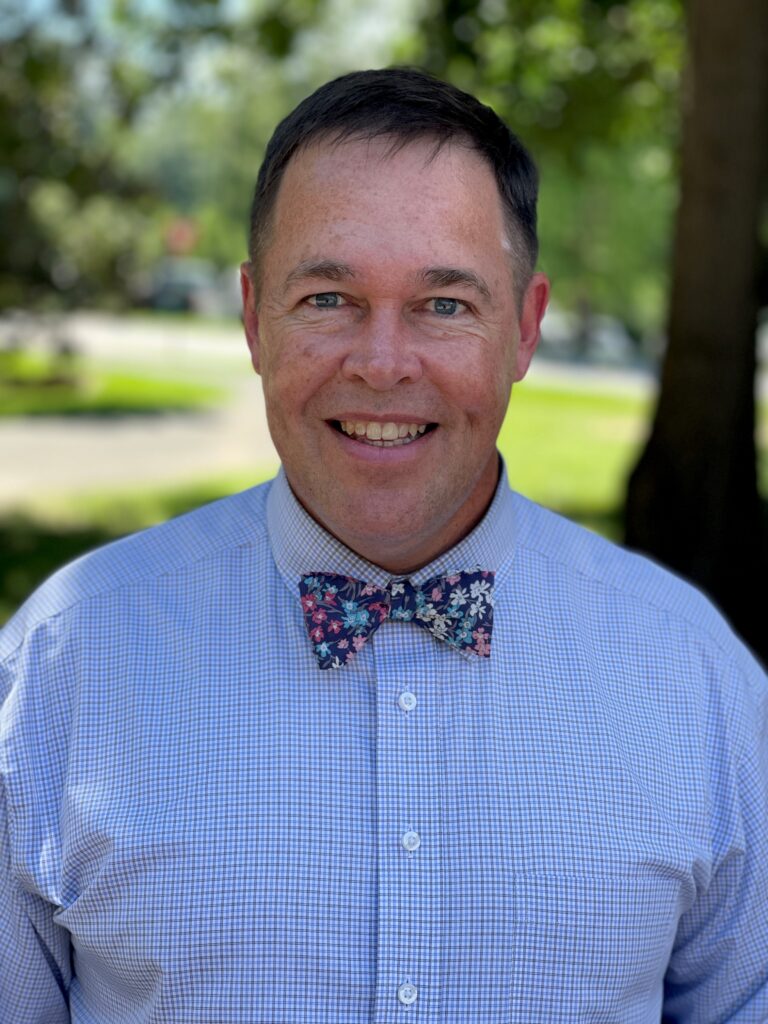

Brian Whitlock, the Charles and Julie Wharton Professor of Food Animal Field Services at the University of Tennessee College of Veterinary Medicine, has been named president of the American College of Theriogenologists (ACT). He was named Theriogenologist of the Year in 2022. Theriogenology is veterinary reproductive medicine.
Whitlock joined the veterinary college in 2008 and teaches and mentors students in the areas of theriogenology and large animal production medicine and has mentored twenty-six graduate students and twelve medical residents as well as new faculty members.
A leader in the field of theriogenology, Whitlock’s current research interests include reproductive neuroendocrinology and physiology with special emphasis on kisspeptin neurons. He has authored sixty-three peer-reviewed publications, four book chapters, and sixty-nine abstracts and proceedings. Whitlock has served on the Society for Theriogenology Board of Directors, the ACT Training and Credentialing Committee, and most recently, the ACT Examination Committee.
“I am grateful to serve as president of the American College of Theriogenologists, an organization that has a profound and meaningful heritage and a lot for which to be proud,” says Whitlock. While the focus of the ACT, since its conception, has been on animal reproduction, it is comprised of a very diverse and ever-changing group of people. “I look forward to helping ACT’s membership increase to serve the growing veterinary profession.”
Whitlock was raised in Gravel Switch, Kentucky on a tobacco and dairy farm. A first-generation college graduate, he earned his BS in chemistry from Campbellsville University and an MS in Animal Science from Michigan State University. After earning his veterinary medical degree from Auburn University, Whitlock worked at a veterinary clinic in Michigan, almost exclusively on dairy and beef cattle then returned to Auburn to complete a theriogenology residency and his PhD in reproductive neuroendocrinology.